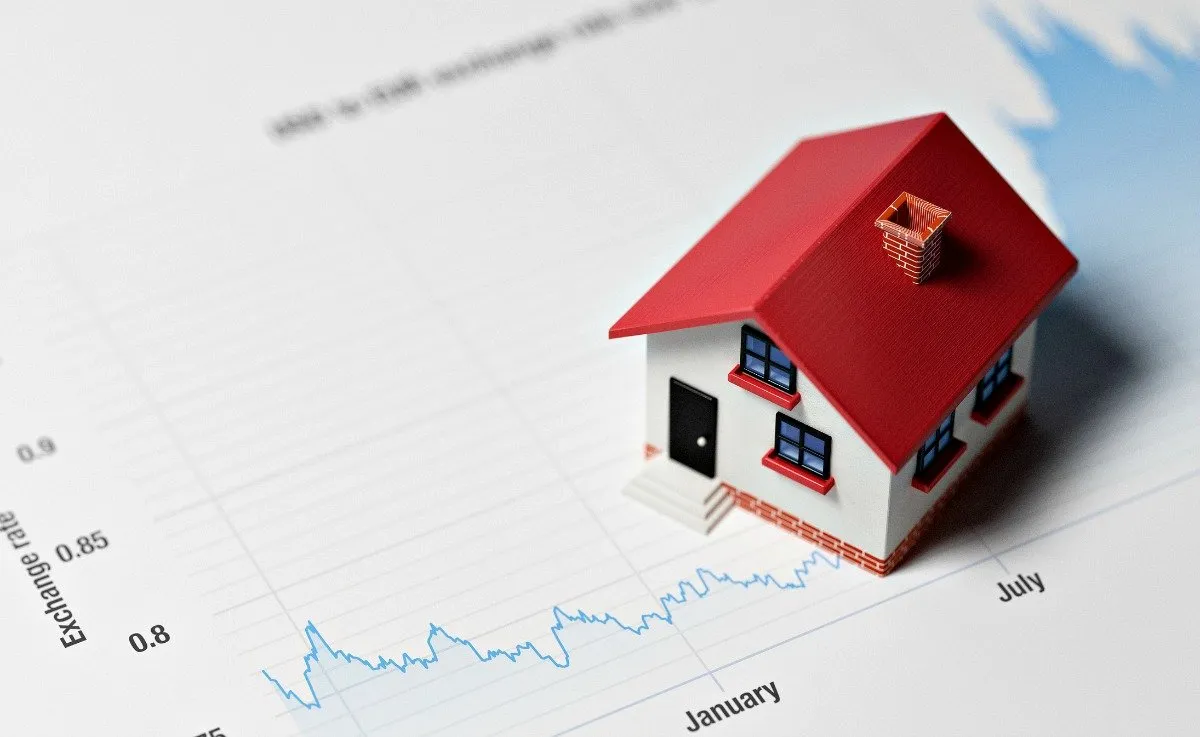
Blockchain technology offers a number of unique characteristics, perhaps the most prominent of which is its ability to encode assets and its flexibility in various uses.
The real estate sector and market can benefit greatly from blockchain technology through several uses, including the following:
Fractional ownership:
Real estate is among the best investment opportunities available, but most small investors are still banned from entering this lucrative
Where building or purchasing real estate involves large initial costs, and the property is highly illiquid.
So, landlords simply cannot liquidate their assets quickly, at least not without incurring significant losses.
These losses include having to find a buyer and middlemen necessary in the transfer of assets and other legal costs.
A possibility to mitigate this problem would be to divide assets into smaller shares held collectively by shareholders.
In the traditional way, these investment opportunities are called real estate investment funds (REITs), but very often, REITs are not listed on the stock exchange, which does not help much in terms of liquidity.
But to face this problem, there are some projects that have paid attention to this point and are trying to find solutions to it, such as the " Meridio " project , which provides the possibility of coding real estate assets and issuing special digital currencies to investors.
For investors, Meridio quotes minimum investment, lower transaction costs and improved liquidity as benefits, while property owners and developers can unlock additional capital by moving into a largely untapped market.
In order to comply with all regulations, Meridio uses a solution to whitelist its coded assets, ensuring that only those investors, are legally able to do so.
Likewise, " Slice " facilitates the trading of fractional assets and, accordingly, investments in real estate by international investors, without the typical five-year ownership period imposed by traditional real estate investment funds.
Transfer of ownership and leases:
Another practical use of blockchain technology in the real estate field is to speed up procedures and speed up the unloading of the property to receive another owner.
Thanks to smart contracts, the legal transfer of property assets can be greatly facilitated, even for full property rights.
Among the projects active in this corner is the " Propy " project, which is based entirely on listing real estate for sale immediately at the international level, allowing their smart contracts to transfer assets and of course transfer the purchase amount without the need for any third party.
Likewise, it is also possible to use smart contracts for lease agreements. For example, the “ ManageGo ” project uses a blockchain- backed solution for a one-stop solution for all things rental related.
ManageGo tracks contracts, front desk services, rental payments and maintenance tickets, making it easy to rent private property to others.
Real estate coding and release platforms:
Instead of creating a specific real estate solution on the blockchain, token issuance platforms focus on the infrastructure needed to encode and trade assets flexibly.
Recently, “HashCash Consultants” announced the development of a crypto exchange dedicated to real estate.
It allows the exchange of real estate symbols and currencies and the ability to convert currencies for the original properties associated with them.
Another project that falls into this category and usage is the " Realio " project, which is a token issuance platform specializing in security digital currencies.
Although the project is neutral to the types of assets that can be coded, they explicitly state real estate as the best use case.
For this purpose, the Realio project works alongside several blockchain networks that take advantage of embedded blockchain features or build their own transactional controls to comply with international securities regulations.
There is also "RealioX" which is a project for a decentralized real estate currency trading platform, whereby any investor wishing to purchase assets on RealioX must be whitelisted, and thus, token assets can be traded decentralized, while continuing to fully comply, thanks to the controls. Their transactions.
These were the three most prominent practical applications of blockchain technology in the real estate market.